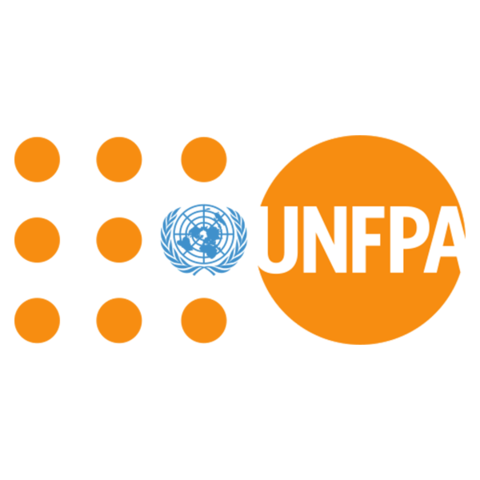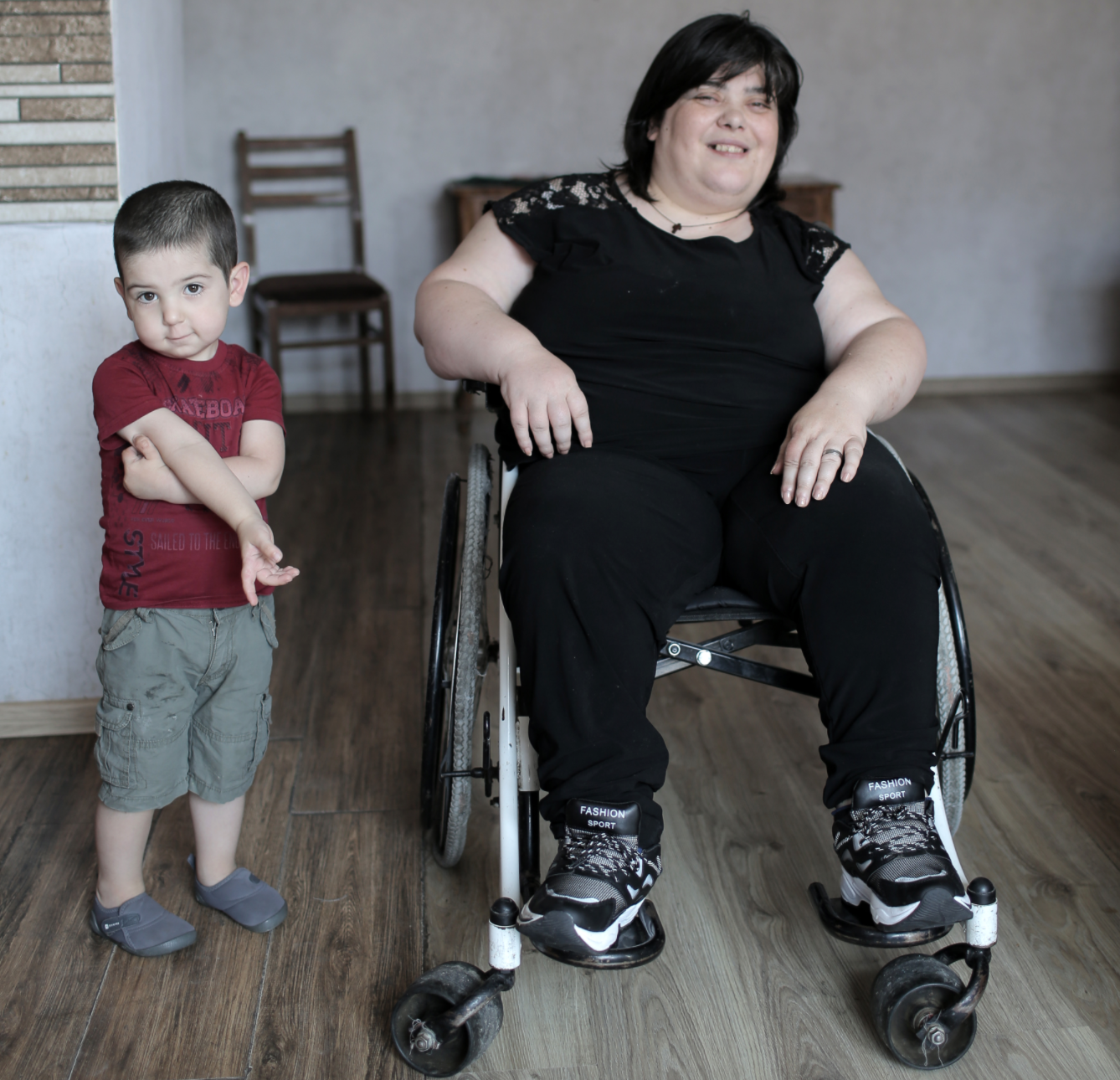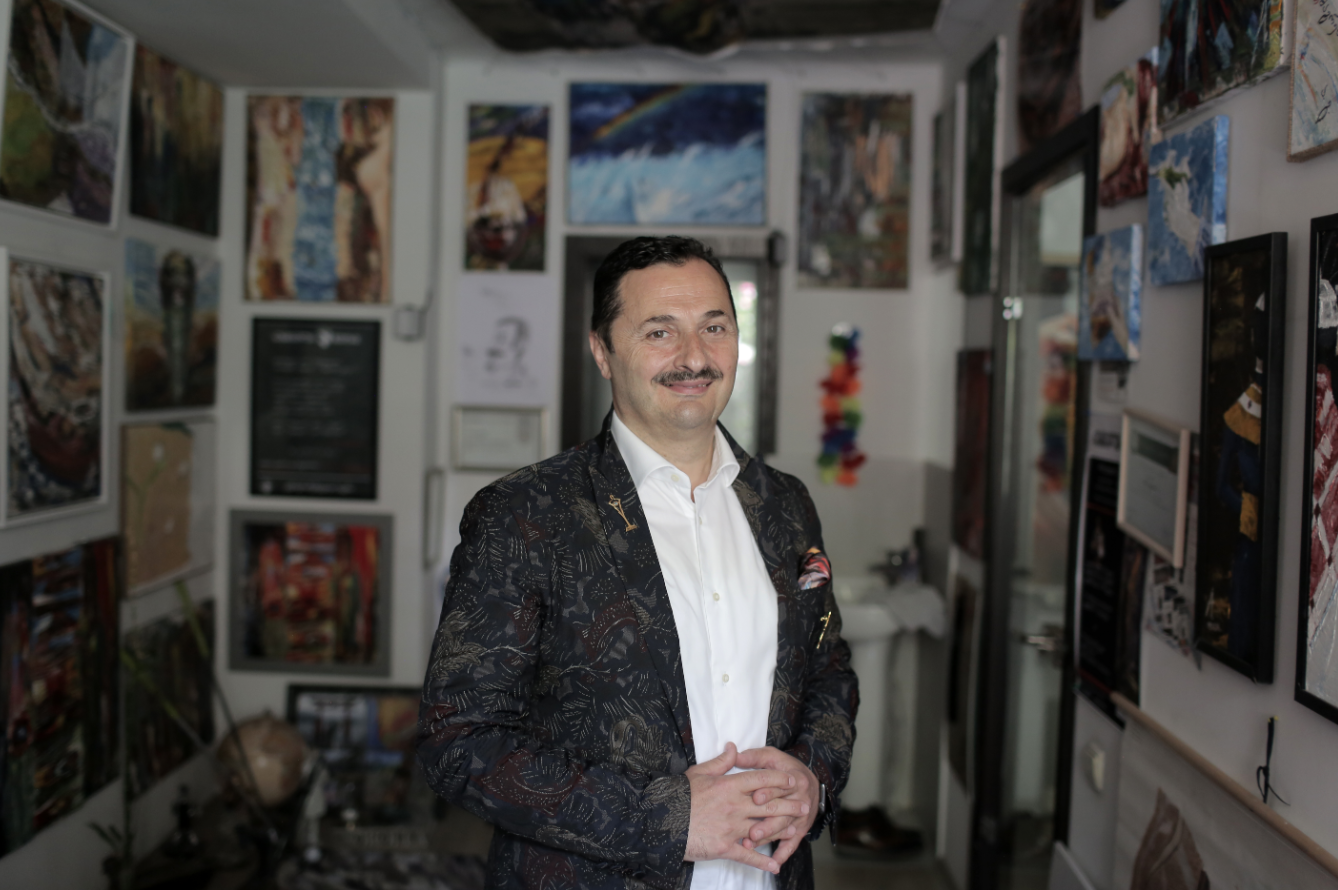I have never stigmatized myself
“I was four or five when I realized that unlike other kids there were some things I could not do: I could run but not jump up and play French Skipping. Later, when I grew up, I felt it even more- because of the way others were treating me” - says Anna Maisuradze. “I have never stigmatized myself. I have never thought that I would never marry and have a child, grasped that others believed I would never have children, I would not be able to give birth… they would not tell me this straight but I often felt it.”
Anna is 32 years old and expecting a child soon. She holds a bachelor’s degree in Business Administration and master’s in Criminal Law, she works a at bookshop as a consultant. Her disability is a result of neonatal sepsis and today Anna has artificial joints on both sides. Anna and her husband planned the pregnancy before COVID-19 pandemic. They have considered all possible risks, however, it has not changed their decision.
National Assessment of Sexual and Reproductive Health and Rights in Georgia published in 2019 by the Public Defender of Georgia with financial support from UNFPA highlights stereotypical attitude of public and service providers towards sexuality of women with disabilities. Anna speaks about this attitude too: “Five years ago when I saw my gynecologist and she learnt that I had had sexual relations, she advised me to take a pregnancy test. When I went for the test, I heard people giggling at the lab. But they may have similar attitude to other women too, not only women with special needs”.
The same Public Defender’s Assessment states that women with special needs are often perceived as “sexless” creatures who should have no interest in reproductive health. Anna stresses the same problem: “They cannot imagine that a woman with special needs may have a normal sexual life. They are convinced that “nobody will marry her”, “no one will like her”, “nobody needs her”. They do not expect you to have a sexual partner or have a family and give birth to a child. I know women with special needs who have no private life at all. Many women with special needs regret for not having children when time was right because of their family’s stereotypical attitude.”
Anna thinks that she has always been independent and lucky with her family - her mother was always supportive of her socialization. However, she knows many cases when parents would not allow their children with disabilities even to go to school. “Now situation has probably changed a little - education and awareness changes a lot” - she says and continues - “I would advise other women to make the best of their reproductive age and use the opportunity. If they want to have a child or just a partner they should not listen to others, should not submit to stereotypes and prejudice. They should do their best to be happy despite public opinion”.
We made ourselves and the Mom happy
“If I came to this world a dozen times and had a dozen of chances to choose my profession, I would be a doctor each time - reproductive doctor as this is my biggest joy when my teams’ and my professional effort makes people happy”, - says Arsen Gvenetadze, a longstanding partner of UNFPA Georgia Office, Head of Reproductive Health Clinic named after Zurab Sabakhtarashvili. The famous doctor proudly speaks about Ekaterine Kadjaia, his patient who uses a wheelchair and two years ago became a mother of a child through in-vitro fertilization. According to Arsen Gvenetadze, it is so far the only case in Georgia yet.






















